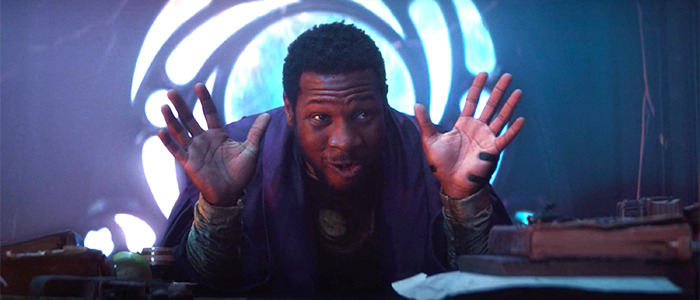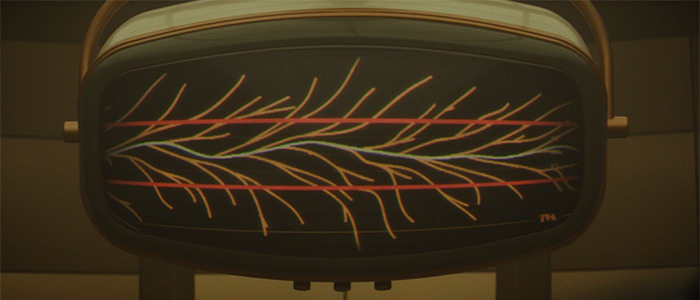'Loki' Head Writer Explains How Marvel's Multiverse Works
This post contains spoilers for Loki season 1.
With Phase 4 of the MCU in full swing, things are getting more complicated by the day. Back in the simpler times, all our worries boiled down to alien invasions and the occasional inter-dimensional cosmic entity. But ever since Tony Stark (Robert Downey Jr.) solved time travel, things have gotten exponentially weirder and much more confusing.
Loki took that about 20 steps further by introducing the idea of the multiverse. The Time Variance Authority first explained it as branches in the sacred timeline, disruptions that veered things off course and had to be eliminated. But in the series finale, we learn that they were just hell-bent on eliminating any more instances of He Who Remains, the wacky Jonathan Majors character with a penchant for comedy. And by comedy, I mean starting multiversal wars. Which is decidedly a bad thing.
How Does Time Work in the MCU?
Now that Season 1 of Loki has wrapped and all its cards are on the table, we can finally get some answers from the creatives behind the scenes. In an interview with ScreenCrush, Loki head writer Michael Waldron finally got to talking about how time works in the new multiverse-obsessed MCU. According to Waldron, their philosophy was simply that "time is always happening."
What's that, you say? There's nothing simple about that at all? You're absolutely right! Thankfully, Waldron took pity on us and went into more detail. He said:
"So there are infinite instances of time always occurring at once. So you and I are having this conversation right now. There's another instance of us having this conversation 10 seconds ago. There's another instance of time of us having this conversation 10 seconds in the future. Generally, those three instances — you could literally say they're all different universes in a way different timelines — are all the same. There are minute little fluctuations in each instance of time. So in you and I's conversation, five times out of ten, I pick up and I say, 'Hello.' And four times out of ten, I say, 'Hey, nice to meet you.' And then maybe one time out of ten, I'd say, 'Hey man, f— you. I don't want to do this interview.'"
So everything we've seen in the MCU has occurred in various different ways. We get a glimpse of this in Avengers: Endgame when the team travels back in time and messes with events from past movies. In fact, Loki kicks off because they allowed the God of Mischief escape with the Tesseract, following the events of The Avengers. And as fun as his next scheme could've been, this variant caught the attention of the TVA, meaning it had the potential to create another version of He Who Remains.
What Does This Mean For the TVA?
Waldron echoes the truth revealed in He Who Remains' grand explanation of the TVA's purpose: their baseline for a problem is anything that might allow his variants to exist. Because of that, their concept of tracking the timeline is really specific:
"If you zoomed in on the timeline, it wouldn't necessarily look like a straight line. It might look like almost the intertwined strands of a rope fluctuating and spiking here and there. When it becomes a problem for the TVA is when, according to their own rules, when could something branch off in a way that it could actually produce a new timeline that could produce a new version of He Who Remains? That is the practical thing that they're guarding against."
Yet, flawed as they were, their absence spells trouble for anyone who is not interested in going to war with the timekeeper stand-in. With the timelines now unguarded, and branching off into chaos, it's only a matter of time before it catches up with the rest of the universe.
At least Earth has a Sorcerer Supreme to step in and get things back in order. Hopefully, he doesn't mind the mess.


